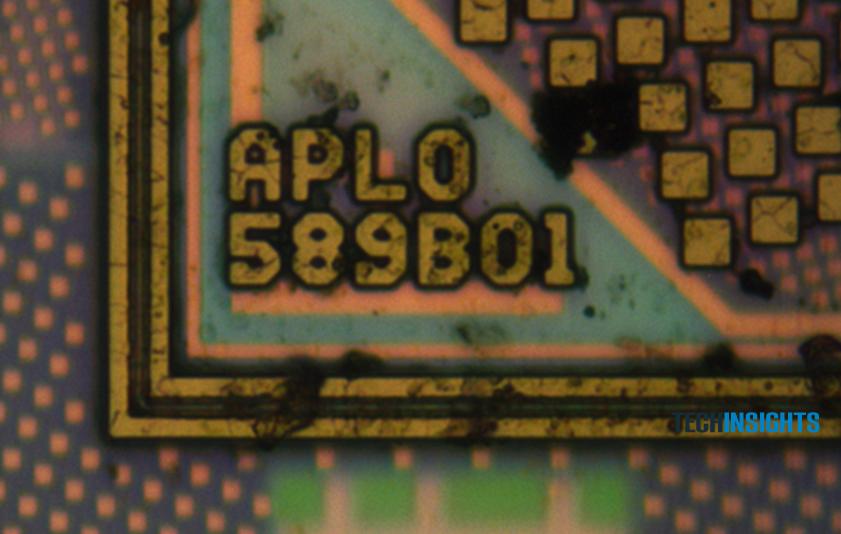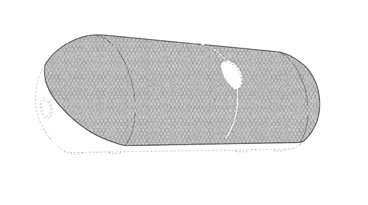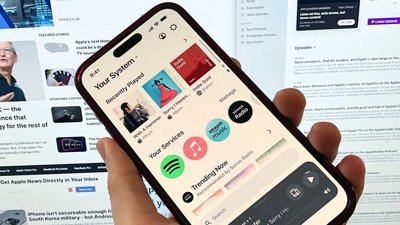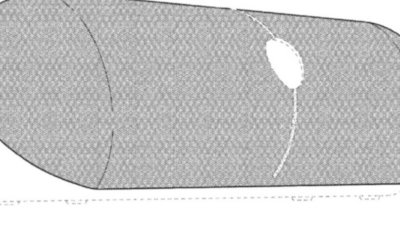Rumor: Intel could land 10% of Apple's 'A7' chip orders
As Intel gets into the chip contracting business, the company could obtain as much as 10 percent of Apple's next-generation mobile chip orders, insiders believe.
"Institutional investors" cited by DigiTimes on Tuesday believe Intel could be making a play to get a slice of Apple's business for its so-called "A7" chip, expected to power the company's next-generation iPhone. Apple has reportedly been looking to move its chip production contracts away from rival Samsung, which currently handles all of the company's current A-series chips.
The company expected to take the bulk of the work away from Samsung is Taiwan Semiconductor Manufacturing Company. Rumors have claimed for years that TSMC is on the brink of building chips for Apple, but that has yet to happen.
Tuesday's report claimed that both TSMC and Samsung are competing for contracts to build "A7" chips for Apple. It said that production of A-series chips through TSMC is expected to begin in 2014.
Now, institutional investors reportedly believe that Samsung will receive about half of Apple's "A7" orders, while TSMC will take 40 percent, and Intel will grab the remaining 10 percent.
"In the past, Apple's processor orders were unattractive because of low profit margins and Samsung was the only cooperating firm," the report said. "In addition, at the time Samsung's smartphones were no threat to Apple's iPhone. But Samsung has since become the biggest smartphone vendor in the world."
Just last week, a separate report suggested that Intel and Apple were in talks for Intel to potentially build next-generation chips for devices like the iPhone and iPad. Intel may be making a shift to build ARM-based systems-on-chips for companies like Apple after the PC market has struggled in recent years against smartphones and tablets.
Intel's current CEO, Paul Otellini, plans to retire in May, and some market watchers believe a new chief executive could push the company in a different direction. In particular, contracts to build custom chips for mobile device makers could help keep the chipmaker's manufacturing facilities working at full capacity.
 Sam Oliver
Sam Oliver











 William Gallagher
William Gallagher

 Malcolm Owen
Malcolm Owen
 Mike Wuerthele
Mike Wuerthele











